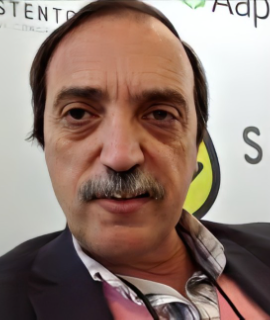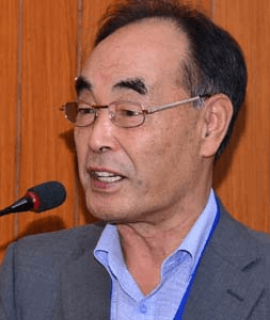Bioprocesses
Bioprocessing covers a wide range of cell types, from viruses to complete animals, as well as products that are native to the organism (and include the organism itself as a subset) and those that are introduced by recombinant DNA technology. The production of a value-added item from a live source is generally characterized as bioprocessing. The source organism must be alive and reacting to its surroundings in order for the system to work. Preparation, manufacturing, and purification are the three stages that bioprocesses go through. In bioprocessing, process development that takes into consideration the realities of production scale are critical. To study the choices for each bioprocess phase, bioprocess design may necessitate a large number of trials.
- Up-Stream Processing
- Bioreactor Operation
- Downstream Processing
- Integration of Recombinant Technology
- Process Design
- Process Systems Engineering
- Advancement of Bioprocess

Jorge Antonio Hilbert
Energy and Environmental Consulting Services, Argentina
Susan Newman
Integrated Lipid Biofuels, United States




Title : Green management of enterprises as a response to climate change
Dai Yeun Jeong, Asia Climate Change Education Center, Korea, Republic of
Title : Two-stage fermentation for converting waste CO2 into omega-3 fatty acids and biodiesel
Preeti Mehta Kakkar, Amity University Noida, India
Title : Research on high-temperature hydrogen-producing fungi assisted by AI
Zhikang Yang, Fujian Normal University, China
Title : In-Situ extraction and (trans)esterification of high-free fatty acid rice bran oil using synthesized heterogeneous catalysts
Deepika Singh, Panjab University, India
Title : Low-frequency ultrasonication as a dual-purpose strategy for biomass and macromolecule enhancement in Chlorella sp.
Simran Maratha, Central University of Rajasthan, India
Title : Rethinking the iLUC factor in sustainable aviation fuels
Jorge Antonio Hilbert, Energy and Environmental Consulting Services, Argentina